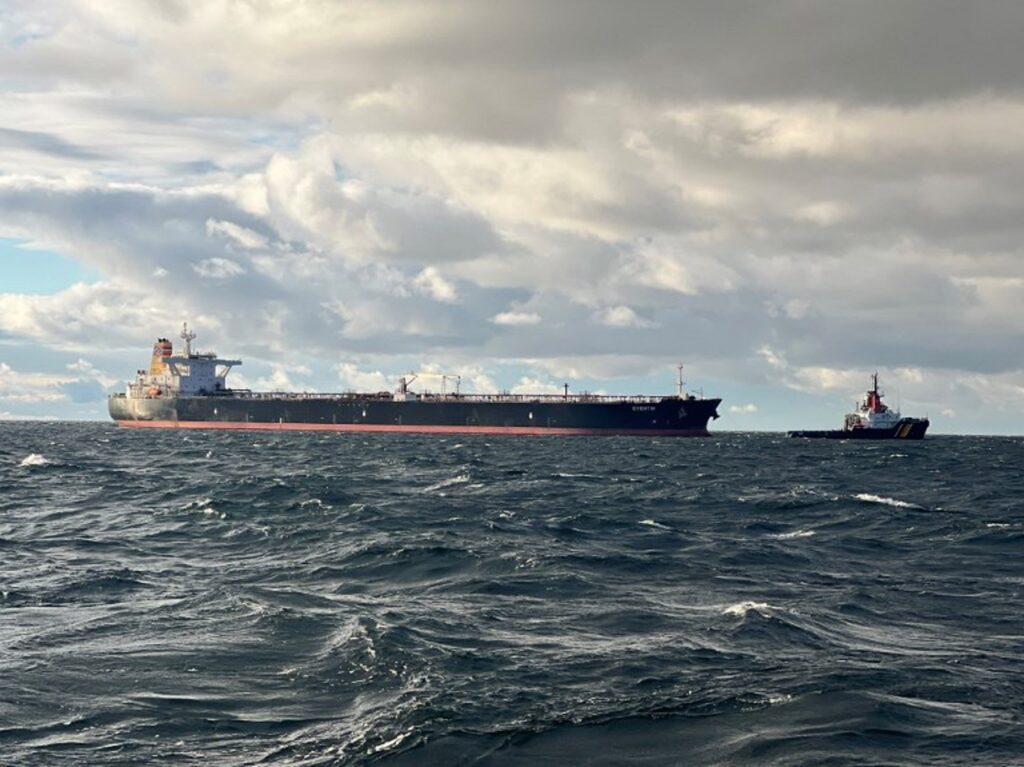The recent surge in underwater cable damage is primarily due to fishing nets and ship anchors rather than spy vessels, according to the UN.
Multiple telecommunications and power cables in the Baltic Sea have sustained damage in recent months. European leaders and experts suspect "hybrid warfare" orchestrated by Russia and its "spy ships," urging enhanced security in this vast maritime area.
"The growing interest in cable resilience highlights the significance of this infrastructure on which we are so dependent," said Tomas Lamanauskas, Deputy Secretary-General of the UN’s International Telecommunication Union (ITU), in a recent interview with AFP.
Numerous solutions have been proposed: better cable protection, quicker repairs, increasing the number of cables in isolated areas to reroute data easily during incidents, and establishing “cohabitation rules” with fishermen and other industries, Lamanauskas indicated.
Submarine telecommunications cables, the backbone of global communications, handle 99% of international data exchanges. Only 500 such cables exist worldwide.
"Even if only a few are cut or damaged, the impact can be significant," Lamanauskas explained. The International Cable Protection Committee (ICPC), a leading industry organisation, reports an average of 150 to 200 cable failures globally each year.
However, 80% of damages are "attributed to fishing and anchoring," the UN official noted, referencing fishing nets scraping the seafloor and ships accidentally dragging their anchors. Natural hazards, abrasion, and equipment failures also pose risks.
The UN aims to increase cable resilience by proposing solutions to foster international cooperation in this highly sensitive sector.
The ITU and ICPC have formed a group of 40 specialists, including ministers, regulatory authority directors, and industry leaders, tasked with developing solutions. This group will meet for the first time on 26-27 February in Nigeria.

